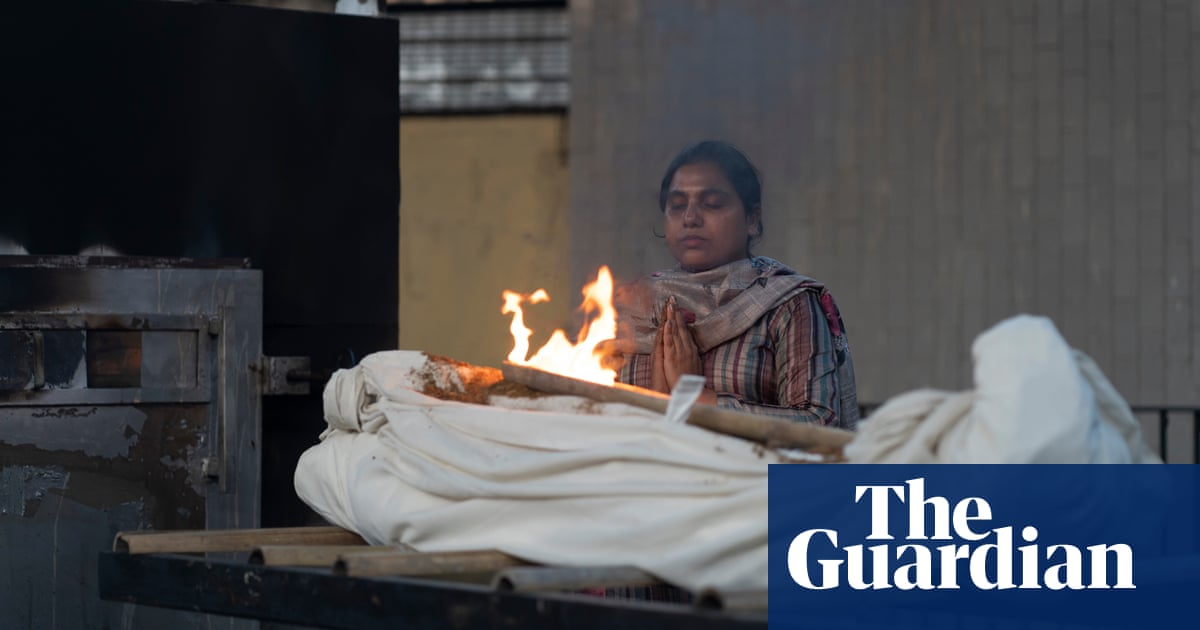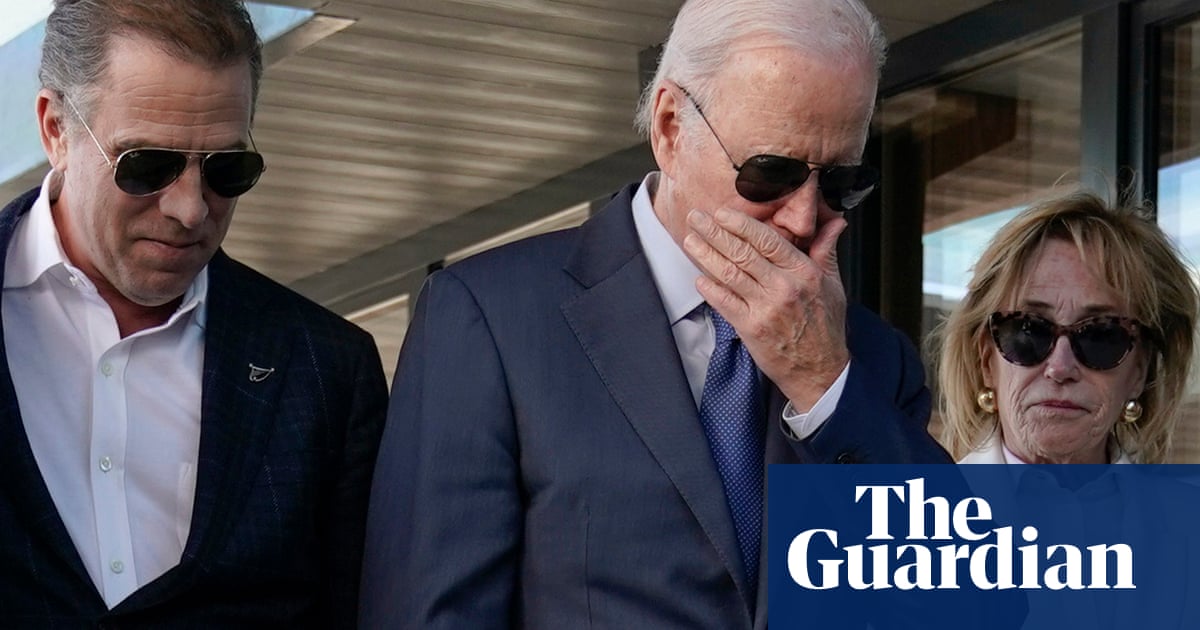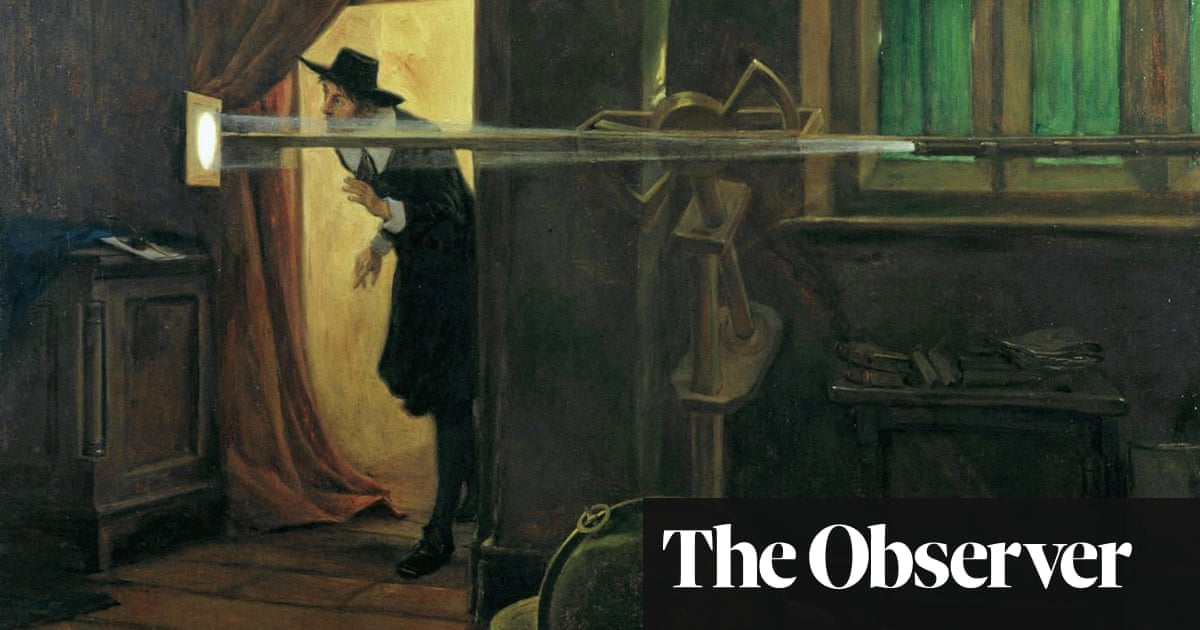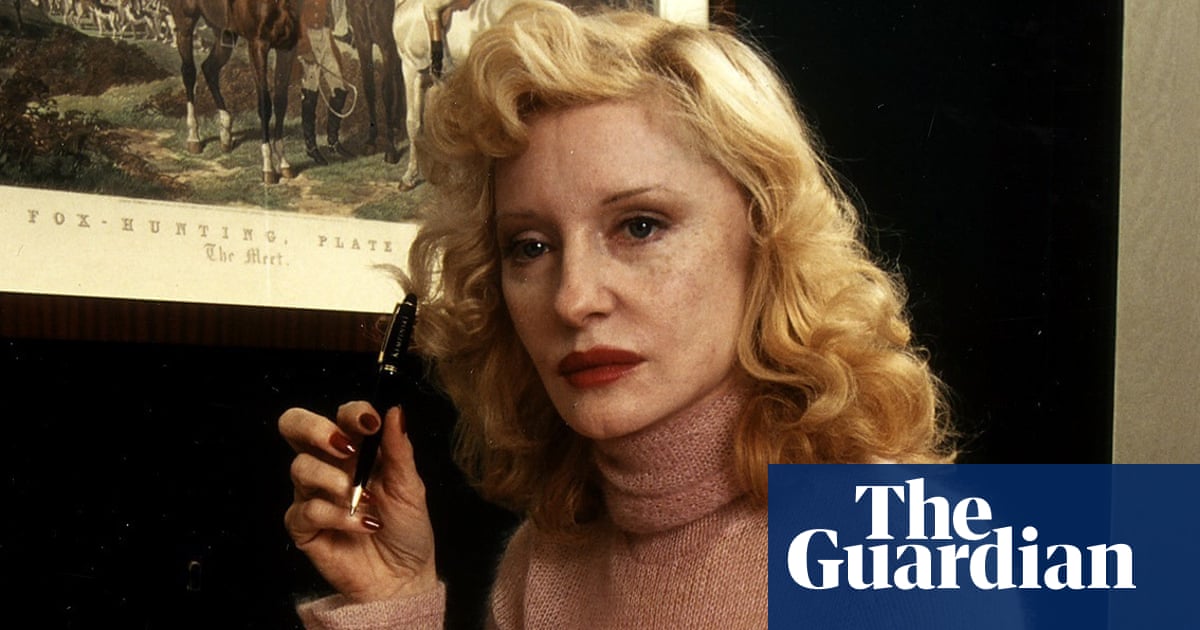
On an overcast, blustery day, with cars honking in the distance, a young woman covers a dead body with a shroud. With a helper, they place it on a bamboo stretcher and carry it up the steps of Delhi’s Sarai Kale Khan crematorium. Once at the furnace, she gives it a gentle push to move it inside and bows her head in prayer.
Pooja Sharma repeats the process for three other bodies. The people are unknown to her – unclaimed bodies for whom she performs the last rites.
For almost two years, Sharma has spent most days collecting bodies from mortuaries when the police paperwork has been completed and taking them to a crematorium, where she gives them a final farewell with dignity.
Out of a profound conviction that these people’s remains should not be alone in their final moments, the 26-year-old Sharma has performed the last rites for almost 4,000 unclaimed bodies, averaging about two to 10 a day.
“If I didn’t give them due honour at this moment, they would be cremated without a shroud, without prayers, and without any feeling or dignity,” says Sharma.
These lost souls whose bodies lay unclaimed are mostly likely to have been migrants from far-flung villages who came to Delhi in search of work. Rarely living or working in the same place for long, many such poor migrants find it impossible to form stable relationships. Unable to afford mobile phones, contact with their families at home can easily be lost.
Delhi police data shows that from 2018 to 2022, more than 11,000 bodies were found in the city. Of these, fewer than 1,500 have been identified.
If there is no ID on the corpse, the police wait 72 hours before a postmortem examination is carried out. Now they have the option of calling Sharma to pick up the body afterwards.
She has a very hands-on attitude. There are plenty of staff in the crematorium but she makes a point of tying the shroud herself and taking one end of the bamboo stretcher to carry the body to the furnace.
This was not the life she had envisioned for herself. As a middle-class, educated woman, Sharma was poised for the classic trajectory of marriage, in-laws and children. Her mother had found “a suitable boy” and had been buying Sharma her wedding jewellery when she died suddenly of a brain haemorrhage in 2019.
Three years later, her brother, Rameshwar, was murdered in a street brawl near her house in Shahdara, a district of Delhi, when he was 30 years old. The news left her father comatose with grief. In Hindu custom, women do not perform funeral rites but Sharma had no choice.
“The day I cremated my brother I was so overcome by grief I smeared his ashes on to my face and hair,” she says.
“I realised how important this last moment is. That’s when I decided to give a dignified farewell to as many as possible.”
She gave up her job as an HIV counsellor at a government hospital. For the monthly expenses of about 120,000 rupees (£1,150) – largely for hiring ambulances to collect the bodies – her father contributes part of his salary as a driver on the Delhi metro and her grandmother gives her pension as a soldier’s widow.
When her prospective groom’s family heard about her work, they called off the wedding, which had in any case been delayed by Covid. “We don’t want a daughter-in-law who roams around cremation grounds with dead bodies” they told her. “What will our relatives think?”
Sharma says: “I sold the wedding jewellery my mother had bought for me and spent it on the funerals. I doubt if I will ever get married now and I don’t care. No family will accept my work but this is something I must do.”
Sharma says her childhood friends and relatives have also cut her off for the same reason: “‘Pooja is the companion of ghosts,’ they say.”
“No one comes to our house any more,” says a wistful Sharma, who looks too young for such sombre work.
But although crematoriums in Delhi are desolate places, Sharma is at peace with her vocation. “It’s all right,” she says. “This service I provide gives me sukoon [tranquillity].”
Sharma set up Bright the Soul Foundation to broaden her work to include helping low-income families with transport to take bodies back to villages or help pay for cremations.
On the drive from Sabzi Mandi mortuary to the crematorium, she is called by a woman asking whether she owns her own vehicle to transport the bodies. Sharma tells her that the donation of an ambulance is what she most needs to reduce her expenses.
It is during the last journey in the ambulance, as she sits on a bench facing the body, that she wonders who they were, these faceless, nameless people.
“When they were born, what joy there must have been. A whole life that’s ended alone, in a bag, with the people they knew not even aware they are dead. All alone, with just me for company,” she says.
Her final favour for these anonymous people is to collect their ashes from various crematoriums once a month. Then she travels 120 miles by taxi to Haridwar, one of the holiest places on the Ganges, where she carries out a respectful last act – immersing the ashes of the forgotten in the Hindus’ sacred river.












